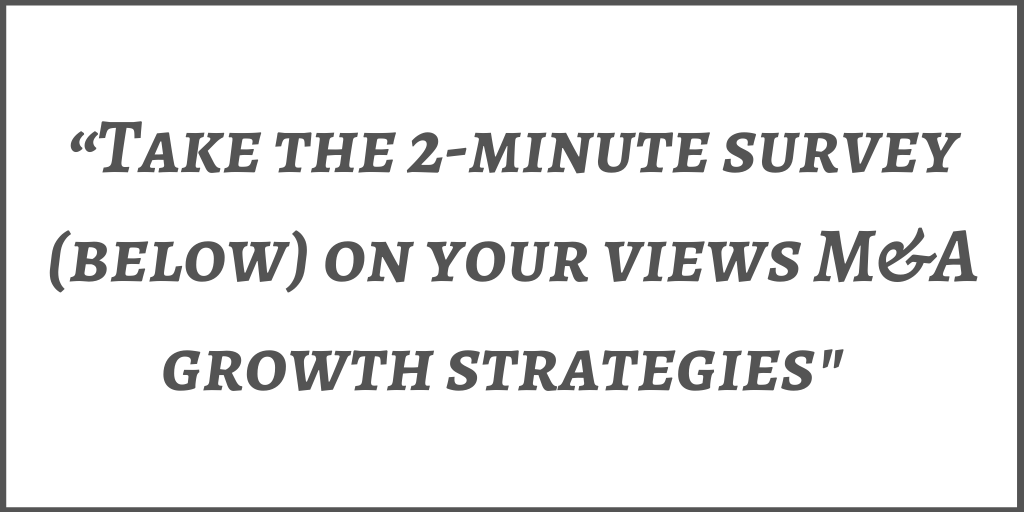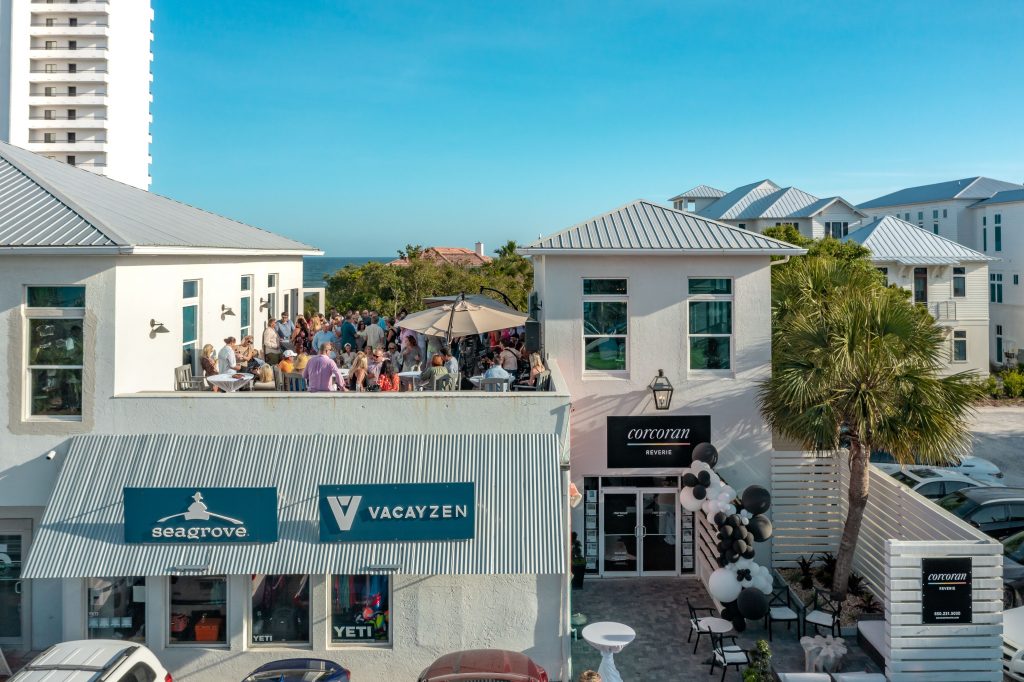Getting a bigger slice of the pie
It’s no secret; the big ARE getting bigger. Brokerage consolidation is rapidly moving throughout the industry fueled by the recognition that with size comes economies of scale. Many feel larger brokerages are often able to provide more, reduce costs and be more competitive on a larger scale.
 The largest real estate companies are getting a larger slice of the pie at a faster rate fueled by vast amounts of outside capital. This capital has been invested into the industry in recent years through extensive marketing and technology platforms. Funding is pouring in from public markets, venture capital, private equity and massive, well-established real estate corporations such as industry giant Realogy, which operates its own brokerage and provides numerous franchised brands. Technology, branding, streamlined agent services and ancillary service programs all combine to support great brokerage economies of scale.
The largest real estate companies are getting a larger slice of the pie at a faster rate fueled by vast amounts of outside capital. This capital has been invested into the industry in recent years through extensive marketing and technology platforms. Funding is pouring in from public markets, venture capital, private equity and massive, well-established real estate corporations such as industry giant Realogy, which operates its own brokerage and provides numerous franchised brands. Technology, branding, streamlined agent services and ancillary service programs all combine to support great brokerage economies of scale.
Those brokerages recently impacted the most by growth and consolidation have been the mid-size brokers. They are consolidating (or being consolidated) an increasing share of the industry’s business.
Data from leading research and advisory firm, T3 Sixty’s 2021 Real Estate Almanac, documents the industry consolidation. From 2018 to 2020, the nation’s 20 largest real estate enterprises, including both brokerage and franchised operations, saw their existing home sales volume market share grow from 51.4 percent to 54.9 percent. Simultaneously, the country’s 1,000 largest brokerages grew market share to 52.2 percent. In other words, more than ½ of the U.S. residential industry is now conducted by less than 1% of the brokers.
A growth through acquisition strategy doesn’t have to be only for the largest companies. Some of the most successful regional brokerages started smaller and adopted a strategy of scale vs. growth. There is a big difference: Growth increases revenue, but many times it also significantly increases overhead because a brokerage adds resources at the same rate of revenue. Scale is increasing revenue at a rapid rate while adding resources at an incremental rate which requires significantly less overhead. When done right, scale creates opportunity. Often mergers, acquisitions and partnerships become a part of the scaling strategy. To get there, brokers must think bigger.
There are three primary ways to achieve exponential scale: Increase the number of customers; increase the amount of revenue per transaction; and increase the frequency of transactions. Increase one of those for traditional linear growth; but for successful exponential scale, a broker needs to master two or more.
Smaller brokers who wish to scale exponentially must be prepared to do things differently than what’s been done in the past—you can’t be solopreneur. Most growth brokers don’t have the time to spend re-inventing everything needed in their brokerage to accelerate their growth. It’s the ROI of their time vs. utilizing outside expertise. Many real estate CEOs find it’s best to partner outside for expertise so that they can focus on their business needs such as growth, culture, people development and building company dollar/profit. They don’t have time to get caught up in the mundane day-to-day activities.
Be prepared to invest capital, whether it’s your own or those from an outside source. A growing brokerage needs the financial resources to fund its growth plans without increasing the financial risk to the ownership. Simultaneously, the ability to acquire and merge brokerages is one of today’s key components of exponential growth and scaling success.
growing brokerage needs the financial resources to fund its growth plans without increasing the financial risk to the ownership. Simultaneously, the ability to acquire and merge brokerages is one of today’s key components of exponential growth and scaling success.
As brokerage margins continue to be squeezed and larger brokerages continue to get larger slices of the market pie, expect more small and medium-sized brokerages to either become acquirers themselves or look for opportunities to merge into larger firms or sell and/or join regional and national powerhouses. Growth increases revenue, but many times it also significantly increases overhead because a brokerage adds resources at the same rate of revenue. Scale is increasing revenue at a rapid rate while adding resources at an incremental rate therefore requiring significantly less overhead. Executed smartly, scale creates opportunity and often mergers, acquisitions and partnerships become a part of the scaling strategy.
Take the 2-Minute Survey

The changing industry puts pressure on small to medium-sized firms to either acquire, grow organically or even sell. Organic growth can be difficult in today’s highly competitive market so many brokerages pursue acquisition strategies. What are your thoughts? Take this two-minute 2021 Real Estate Brokers M&A Survey to share your thoughts and learn from others about growth through mergers and acquisitions and how these trends will shape the future of our industry. The survey is anonymous and the results will be shared.
Corcoran Reverie Expands into Destin, Florida
 It was a big celebration as two renown luxury brokers in beautiful Destin, Florida celebrated their merger. Corcoran Reverie and RealJoy Properties combined to create one of the largest premium brokerages serving the Emerald Coast with more than 130 luxury agents.
It was a big celebration as two renown luxury brokers in beautiful Destin, Florida celebrated their merger. Corcoran Reverie and RealJoy Properties combined to create one of the largest premium brokerages serving the Emerald Coast with more than 130 luxury agents.
You made your good name. We can help make it stronger.
Corcoran is growing and we’re looking for a few good firms to grow with. Click here to learn about the Corcoran Network.

40 Cities That Could be Poised for a Housing Crisis
GOBankingRates has identified the 40 cities most at risk for experiencing a widespread housing crisis. The study examined factors such as mortgage delinquencies, foreclosures, and homeowner and rental vacancy rates. Learn more.
Vacation Homes Are HOT in These 10 Markets
Vacation home sales jumped 57% year over year in 2020 compared to the 20% annual growth in total existing-home sales, according to the National Association of REALTORS®’ newly released 2021 Vacation Home Counties Report. View the full report to see if your market made the list.
Fannie Mae, and the housing market’s inflation problem
While the housing research group believes current inflation acceleration could be considered transitory, price pressures in all sectors – not just housing – are likely to last into 2022. Read more.


